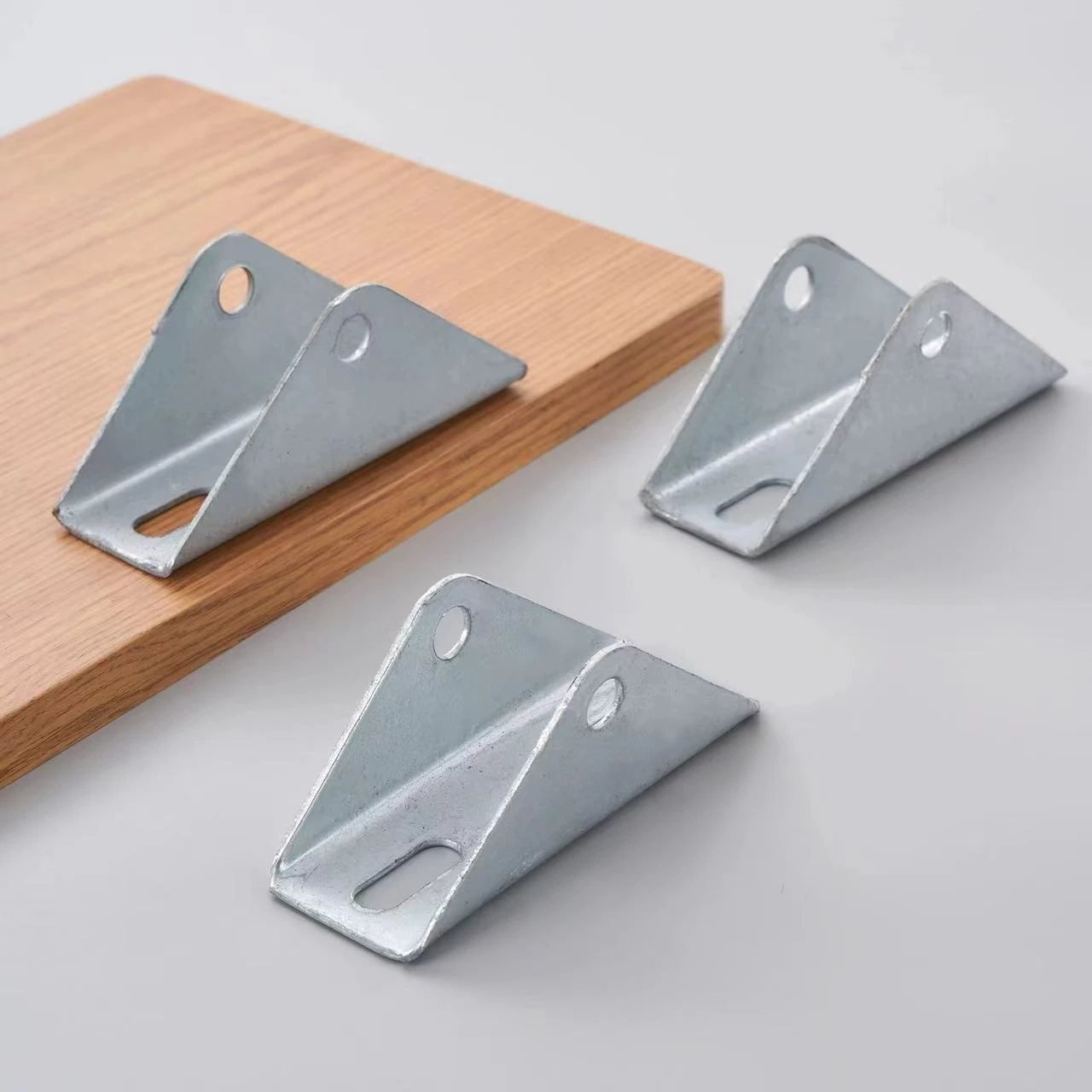

Understanding the Benefits and Uses of Flat Washers in Various Applications
Nov . 10, 2024 20:09 Back to list
Understanding the Benefits and Uses of Flat Washers in Various Applications
The Importance of Flat Washers in Mechanical Engineering
Flat washers are often overlooked components in the world of mechanical engineering, yet they play a critical role in ensuring the integrity and longevity of various assemblies. These simple disc-shaped pieces of typically metal or plastic serve numerous functions that enhance the performance of fasteners and machinery alike.
What is a Flat Washer?
A flat washer is a thin disc with a hole in the center, designed to distribute the load of a fastener, such as a screw or a bolt. They come in various sizes and materials, including stainless steel, plastic, and rubber, allowing engineers to select the appropriate type for their specific application. The simplest function of a flat washer is to act as a spacer, yet their benefits extend far beyond this single purpose.
Load Distribution
One of the primary functions of flat washers is load distribution. When a fastener, like a bolt, is tightened, it exerts pressure on the surface it contacts. Without a washer, this pressure can create uneven stress and cause the material to deform, leading to failure over time. Flat washers spread the load over a larger surface area, preventing material distortion and extending the life of the assembly.
Vibration Resistance
Another significant function of flat washers is to provide vibration resistance. In many applications, especially in automotive and aerospace engineering, components are subjected to constant movement and vibration. This can lead to loosening of fasteners over time. Flat washers help to mitigate this issue by creating friction between the fastener and the surface, thus reducing the likelihood of loosening due to vibration.
a flat washer

Corrosion Protection
Flat washers also serve as a barrier against corrosion. For instance, in industries where components are exposed to harsh environments or moisture, a flat washer can help protect the underlying material from rust and degradation. By using a washer made of a corrosion-resistant material like stainless steel or plastic, engineers can significantly enhance the lifespan of their assemblies.
Stress Relief
Flat washers can also aid in stress relief. When materials are subjected to bending or twisting, stress can accumulate at the points of contact between the fastener and the material. A flat washer can help to alleviate this stress by providing a cushioning effect, allowing for slight movements without transferring undue stress to the material itself.
Selection Criteria
Choosing the right flat washer is crucial for ensuring optimal performance. Engineers must consider factors such as material compatibility, load requirements, and environmental conditions. For example, a rubber washer may be ideal for applications requiring a high degree of vibration absorption, while a stainless steel washer may be more suitable for environments prone to corrosion.
Conclusion
In conclusion, flat washers may seem like insignificant components, but their importance in mechanical engineering cannot be understated. They enhance load distribution, provide vibration resistance, protect against corrosion, and relieve stress. By choosing the appropriate flat washer for their specific applications, engineers can significantly improve the durability and reliability of their mechanical assemblies. Understanding these benefits not only aids in the selection process but also highlights the vital role that such seemingly simple components play in the broader context of engineering and manufacturing. As technology continues to evolve, the design and application of flat washers will likely see innovations, contributing further to their indispensable role in modern engineering practices.
Latest news
-
Premium Self Tapping Metal Screws: Strong & Easy Install
NewsAug.02,2025
-
Premium Fasteners Manufacturer | AI-Driven Solutions
NewsAug.01,2025
-
Hot Dip Galvanized Bolts - Hebei Longze | High Strength, Corrosion Resistance
NewsAug.01,2025
-
High-Strength Hot Dip Galvanized Bolts - LongZe | Corrosion Resistance, Custom Sizes
NewsAug.01,2025
-
Best Self Tapping Screws for Drywall - Fast & Secure Installation
NewsJul.31,2025
-
High-Strength Hot Dip Galvanized Bolts-Hebei Longze|Corrosion Resistance&Customization
NewsJul.31,2025

